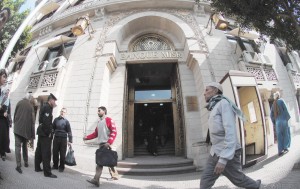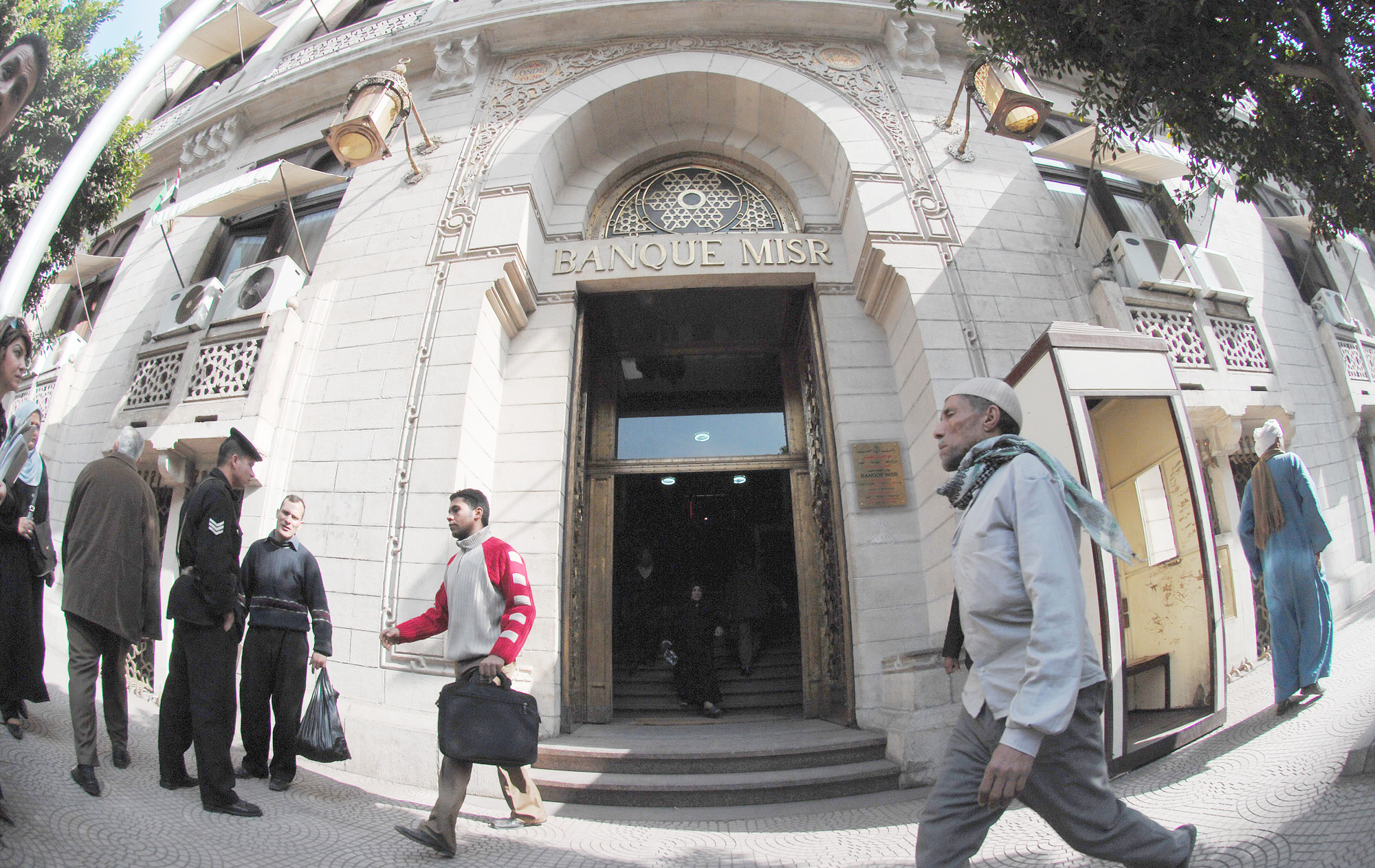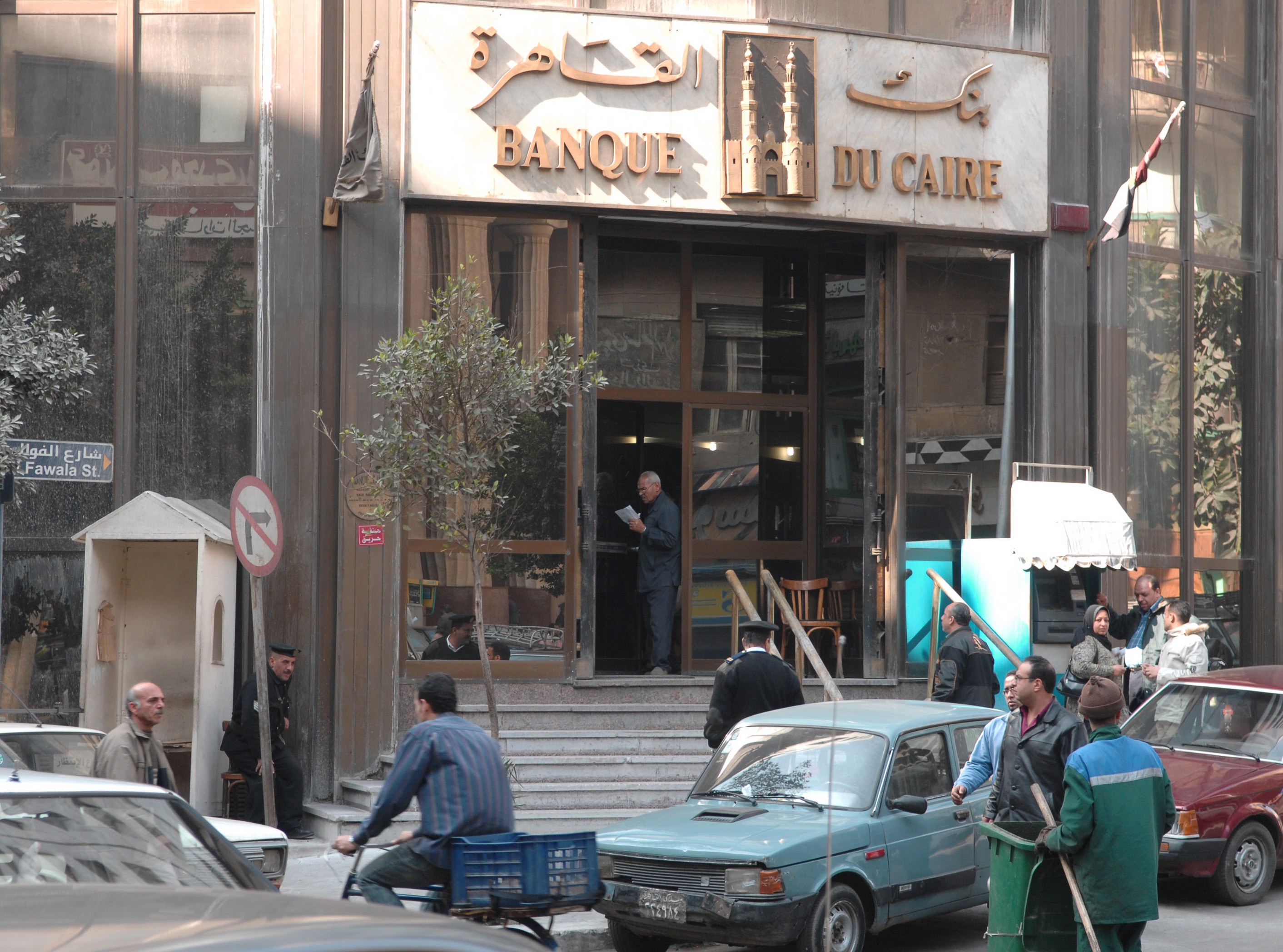
By Walid Abdelazeem
In a historic step, the government decided to provide an EGP 6.3 billion capital injection to Banque Misr, rendering the value of the bank’s capital at EGP 11.3billion.
According to the bank’s press release, the government decided to convert an EGP 5.7 billion loan made to the bank three years ago into bank equity, adding EGP 600 million in currency.
A 125% capital injection is unprecedented in the Egyptian banking sector. Banque Misr is now the largest capital holder of all Egyptian banks, exceeding the National Bank of Egypt, which had been the largest until last week.
The bank added that its shares totaled EGP 2.25 billion instead of one billion shares wholly owned by the state.
The share’s nominal value is EGP 5, bringing the bank’s total equity to EGP 12 billion.
The statement added that the step comes amidst a forced increase in the volume of the bank’s activities, which is reflected in its budget of more than EGP 180 billon; the injection will be a “huge factor” in supporting the bank’s capital base and enabling the expansion of its lending activities.
The country is in need of the large projects, the statement added, which the bank intends to finance, reinforcing its role in supporting the national economy.
The injection will allow the bank to raise its capital to EGP 21 billion, in addition to enjoying hegemony in the lending market and precedence in arranging syndicated loans.
The capital injection will help to strengthen the financial position of the bank, and bring it into compliance with the Basel II accords and positively affect its credit rating.
It is also an indication of the government’s commitment to one of the pillars of the national economy.
The government had raised Banque Misr and The National Bank of Egypt’s capital last year, relying on its own reserves, retained earnings, and European Union Loans.




